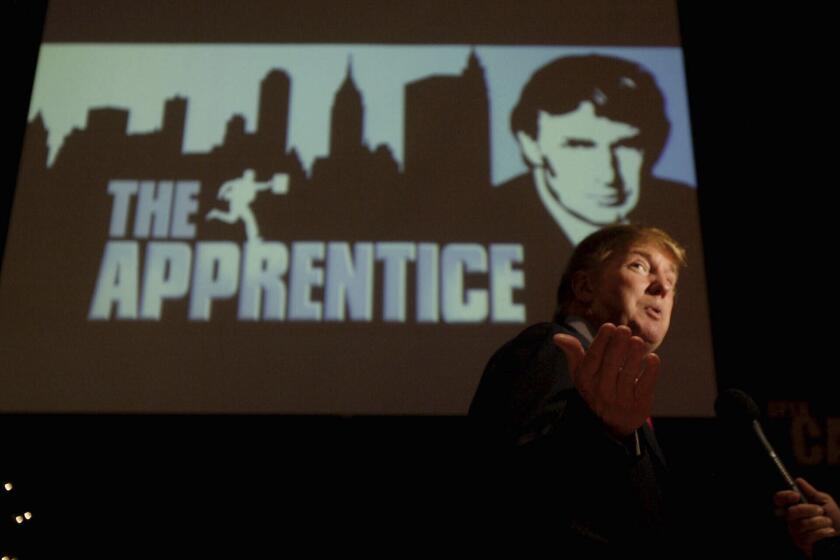Readers React: Why the Watts uprising caught so many people by surprise
To the editor: On Aug. 11, 1965, I was 18 years old, working the night shift in the basement credit department of the Sears store next to the Los Angeles Police Department’s Wilshire station. It was mind-numbing work opening credit-payment envelopes, but I remember that night well. (“Stunned by Watts riots, Times struggled to make sense of violence,” Aug. 12)
Breaking my trance, someone shouted and ordered me to walk through the connecting tunnel linking Sears to the police station. I was told the “Negroes” were rioting. I was confused. Rioting? Why?
Somehow I managed to graduate from a Los Angeles public school without ever being taught anything about race and civil rights. I have no memory of learning that one of the most significant issues in American history was being played out in Mississippi during my senior year. How was that possible? I was oblivious to the plight of African Americans. No wonder The Times’ reporters at the time were “befuddled” trying to cover the riots. We all had our heads in the sand.
I expect that today’s students are getting a better education than I did. The Times has evolved and improved, so after 50 years, one can hope.
Genie Saffren, Los Angeles
..
To the editor: In the past people used language that might be considered offensive today. The meaning and usage of words change over time.
I grew up outside Newark, N.J., in the 1950s and ‘60s. My grandfather and father owned a tavern in a predominantly black neighborhood. When I wrote about this period of my life, I used the word “Negro” because it was the word I was taught at the time. I was also taught that use of the other “N-word” was absolutely forbidden.
We can’t change past usage, but we can hope the future brings changes that benefit all members of our society without labeling or harming anyone with our words.
By examining the Watts riots, perhaps The Times will help prevent future unrest. Good reporting.
Libby J. Atwater, Ventura
..
To the editor: On Aug. 11, 1965, police brutality and overcrowding in the Watts ghetto caused a rebellion. It lasted six days; 34 people died, 1,000 were wounded, and about $200 million in property damage was done.
The Rev. Martin Luther King Jr. pointed to the high level of unemployment and a population density in Watts that was the worst in the nation as contributing factors to the rebellion.
It is well to recall that in 1964, before the Watts rebellion, voters passed Proposition 14, an initiative that repealed a law ending housing discrimination in California. Running for governor in 1966, Ronald Reagan supported Proposition 14, which was overturned by the California Supreme Court in 1966, a decision affirmed by the U.S. Supreme Court in 1967.
Irving Sarnoff, Pasadena
Follow the Opinion section on Twitter @latimesopinion and Facebook
More to Read
A cure for the common opinion
Get thought-provoking perspectives with our weekly newsletter.
You may occasionally receive promotional content from the Los Angeles Times.










